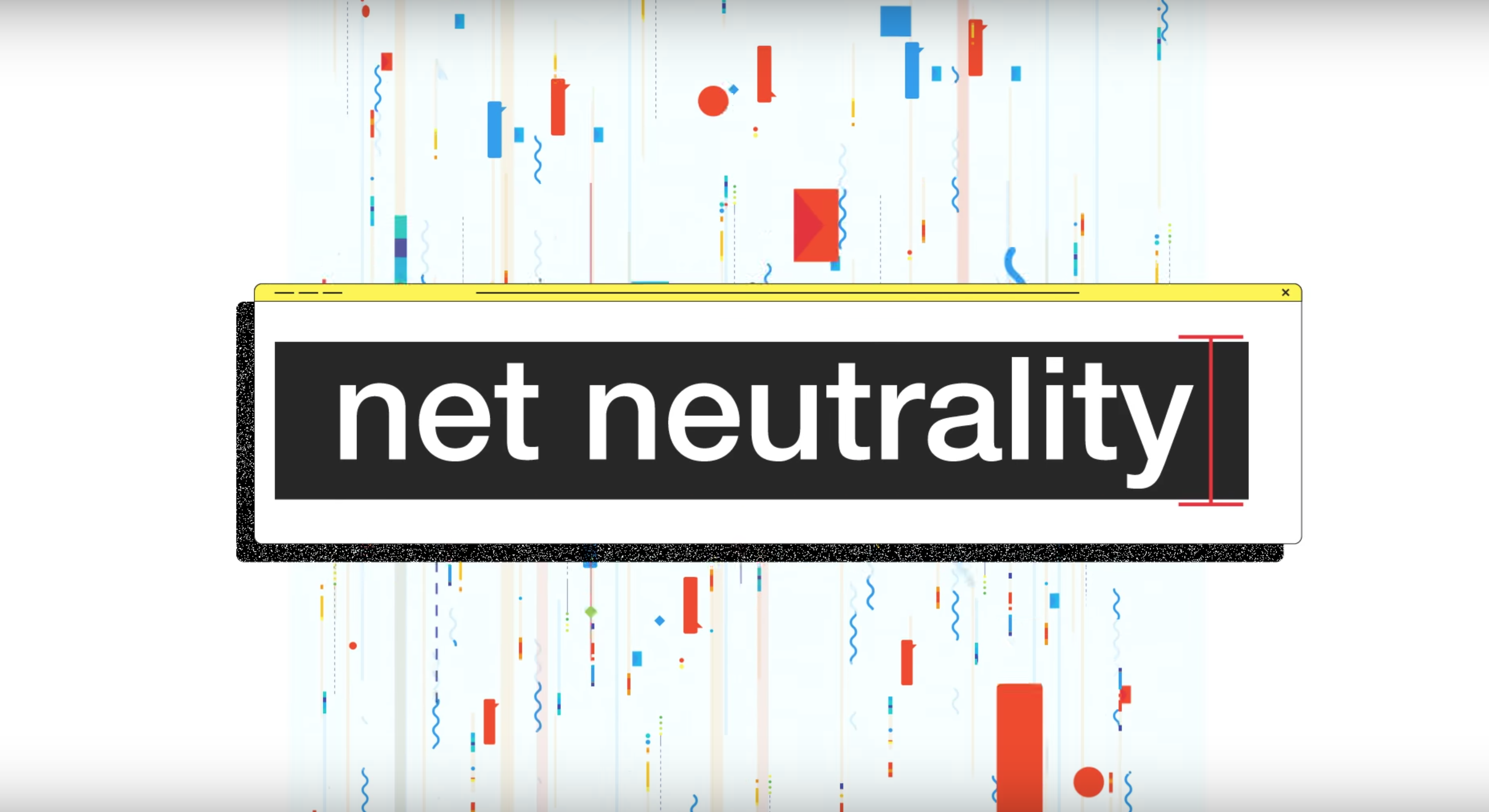Net neutrality ensures that:
-
Equal Access: Internet users can access all websites and online content without any restrictions or bias.
-
No Throttling: ISPs cannot intentionally slow down or speed up internet traffic based on the source, content, or application.
-
No Blocking: ISPs cannot block access to specific websites or online services.
-
No Paid Prioritization: ISPs cannot create "fast lanes" for websites or services that pay extra fees, which could give them an unfair advantage over others.
The concept of net neutrality is essential to maintain a level playing field on the internet, protect freedom of expression, and prevent ISPs from having too much control over what users can access. It ensures that internet access remains open, competitive, and fair.
Net neutrality has been a subject of debate and regulation in various countries, as well as in the United States, where the Federal Communications Commission (FCC) has adopted and repealed net neutrality rules at different points in time. It continues to be a hot topic in discussions about the future of the internet and online freedom.




Comments (0)